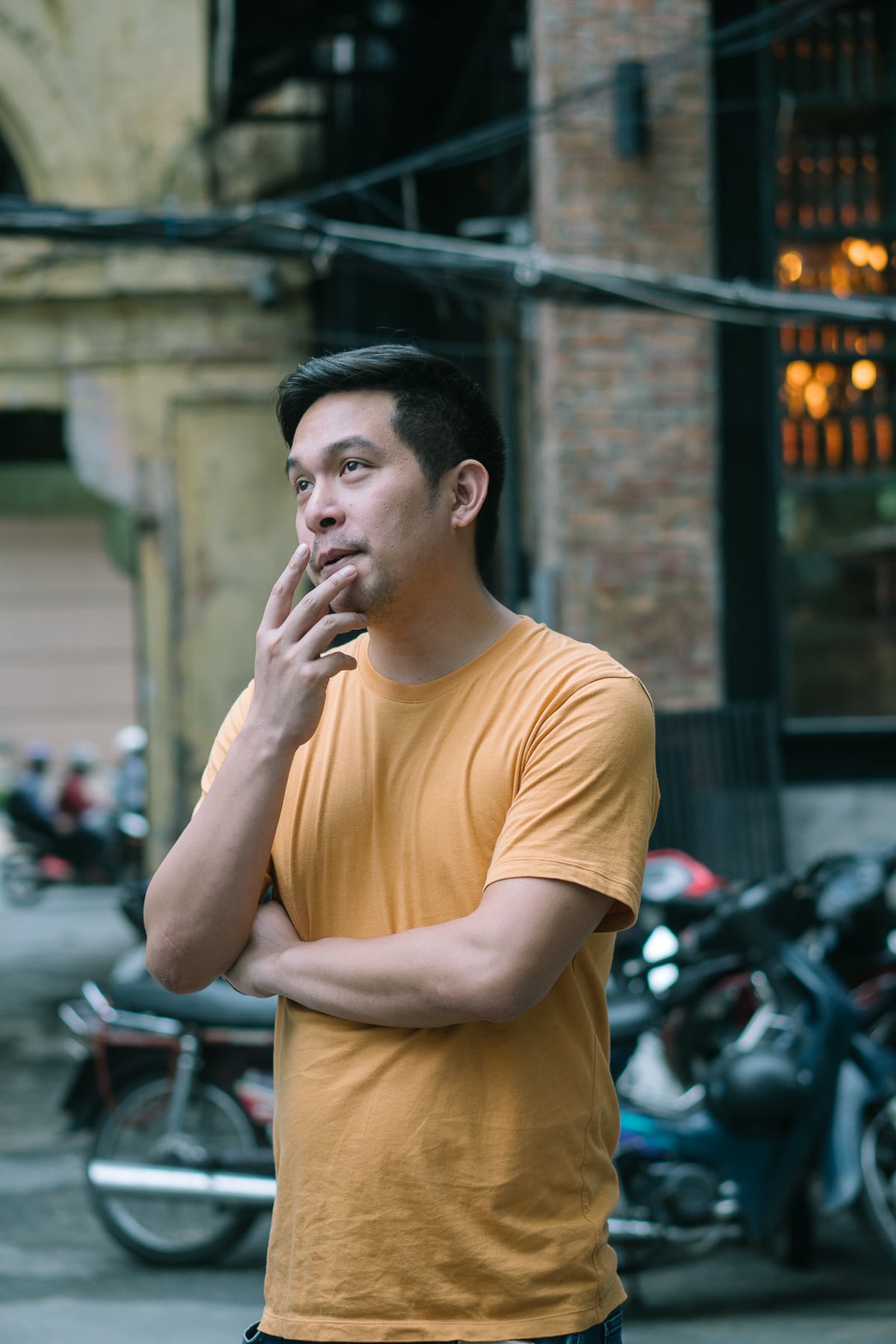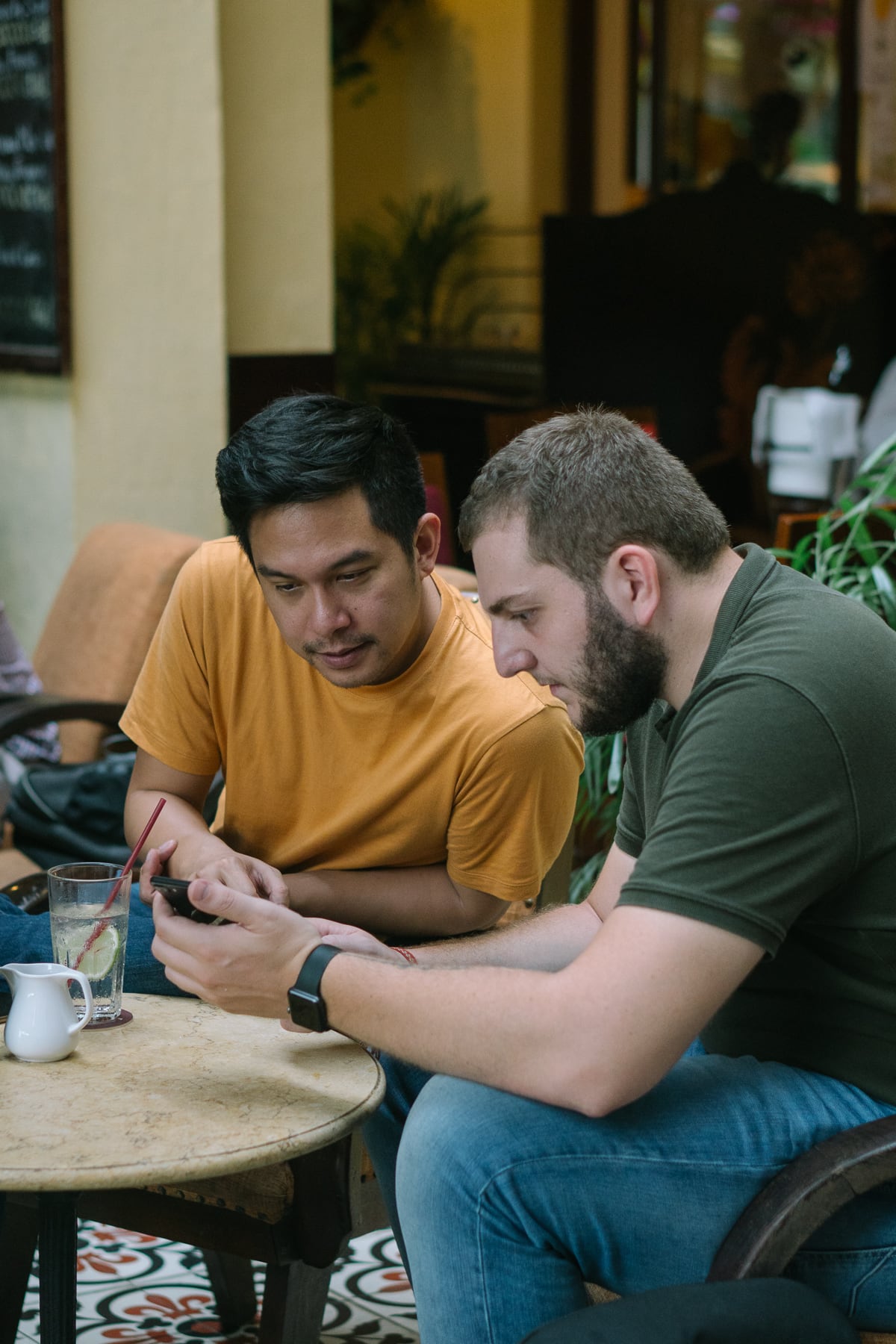In 2017, the food and beverage industry in Vietnam accounted for over US $90 million in revenue. And over the next four years, this number is expected to nearly double. Similarly, hospitality and service in Vietnam is one of the most popular markets for foreign investment.
WisePass’s founder and CEO Lam Tran saw a gap in this market and decided to fill it with his app, a subscription service that allows users to consume a free bottle of wine, lunch, or another service each day. Instead of offering subscription discounts to a single kind of product, such as movie tickets or transportation, WisePass covers a broad range of industries in order to cater best to its users.
While the team has found product market fit, WisePass’ next challenge has become more clear as more users use the app: improving the product technology and design. Conceptual Studio, WisePass’ new technology and design partner, has taken up the challenge of rebuilding the app from scratch.
So in an effort to learn more about how Conceptual Studio looks to take WisePass’ product technology and design to the next level, we meet with the founders of both teams, Lam Tran and Petr Jumar.

What is WisePass? When did you first notice a gap in the hospitality and service market that allowed WisePass to move in?
WisePass introduces a lifestyle membership where users can subscribe for a flat fee, starting at US $300 per month. The services a user can access each day include bottles of wine, meals, movie tickets, coffee, haircuts, events and much more.
That’s how we summarize our product today. But it goes beyond hospitality: we’re not only targeting deals with hotels, restaurants, or bars. We work with movie theaters, hair salons, coffee shops and the rest. Our goal is to provide a really diverse range of options for our subscribers.
We noticed a gap in the hospitality and service market a few years ago when we realized there was no available app that allowed users to access vastly different kinds of places with one subscription. Loyalty cards, of course, are linked to only one location or chain.
That said, we felt there was a need for a service in the app world that started by focusing on consumer’s diverse needs, then backtracked to work with businesses that were relevant to the consumer.

What were some of the initial challenges you faced in establishing the brand?
There were so many challenges. The first and biggest challenge we faced was convincing businesses to sign up with us to provide their services to our subscribers. We started with only five places. Among these five were the Society and Piu Piu, while other businesses were taking their time in responding to us.
Eventually, we convinced others to join our program. We were a new business, but people were willing to try. Many of the business-owners we first contracted with were expecting a huge amount of traffic in the beginning, which we were not sure would manifest, and it was hard to balance expectations with reality.
The trust factor was another main challenge in the beginning. Before people had heard about us, it was difficult to explain our concept: people didn’t understand how we could profit by giving away a free bottle of alcohol each day, for example. It was hard to get them to take us seriously. But we did it, and we are continuing to expand.

Recently you acquired some funding on Shark Tank. How are you planning on leveraging the capital? What direction will WisePass take next?
Using this additional capital, we plan to cover Southeast Asia with 1,000 subscribers over the next twelve months. Two years from now, we hope to span 10 countries. Specific countries we hope to enter are Taiwan, Hong Kong, Japan, and South Korea. That’s all we can share for now.
Right now, in Southeast Asia, we span the Philippines, Thailand, and Vietnam. We hope to move our product into Singapore, Malaysia, and Indonesia.
You’ve established a collaboration with Conceptual Studio. They are working with Phleek, another Shark Tank-funded startup. Why have you chosen to work with Conceptual Studio?
The reason why is because they came to us and told us, “The design of your product could use some work and we can do a better job.” A few days later, Conceptual Studio came back to us with mockups that we really liked.
Their team is user-experience driven, which is key. What we need right now is a platform that optimizes for ease-of-use and convenience. Because of Conceptual Studio’s focus on these factors, we have developed a fruitful working relationship with their team.

What are some of the features that you or your users consider as problems in your app? How will Conceptual Studio help you solve them?
We’re new, so we have plenty of issues to tackle already. Consider our onboarding process. We wanted to simplify the sign-up process to encourage new users to join our service. Secondly, before users even sign up, we wanted to explain clearly what our service looks like. We now have clearly labeled discovery, standard, premium packages.
More improvements are on their way. For example, we will include more information meant to explain clearly what the different packages are and what they allow you to do. Conceptual Studio will help us allow users to access information more easily and make decisions on what to do within our product.

What are some biggest lessons you’ve learned on your journey? Any tips for up-and-coming innovators in Vietnam?
I’d say that the biggest lesson so far is just to focus on the feedback you get from your customers. Even if you have a great idea, the market is here to tell you if you are going in the wrong direction. It’s easy to lose your head in a world of ideas—but if you test them, you ’ll know where you really stand.
I’m getting so much feedback from the users, and I always move to make remedies happen quickly. I want users to feel satisfied. Improving the product to fix problems is a key step in making sure your business succeeds.
Related Content:
[Article] Phleek Vietnam is the Country’s First Personal Styling App
[Article] WisePass: An Inside Look Into Nightlife and Alcohol in Vietnam




